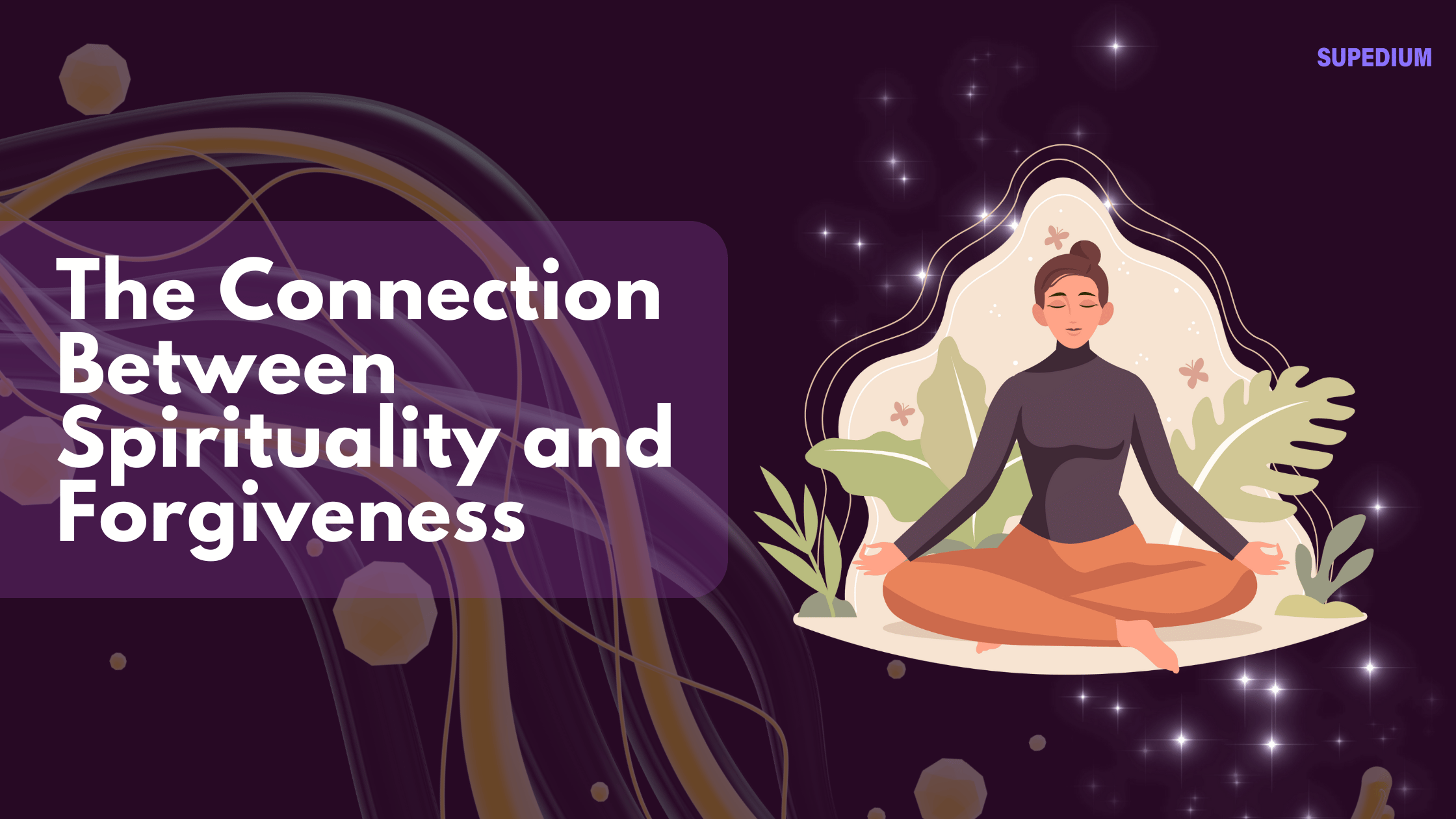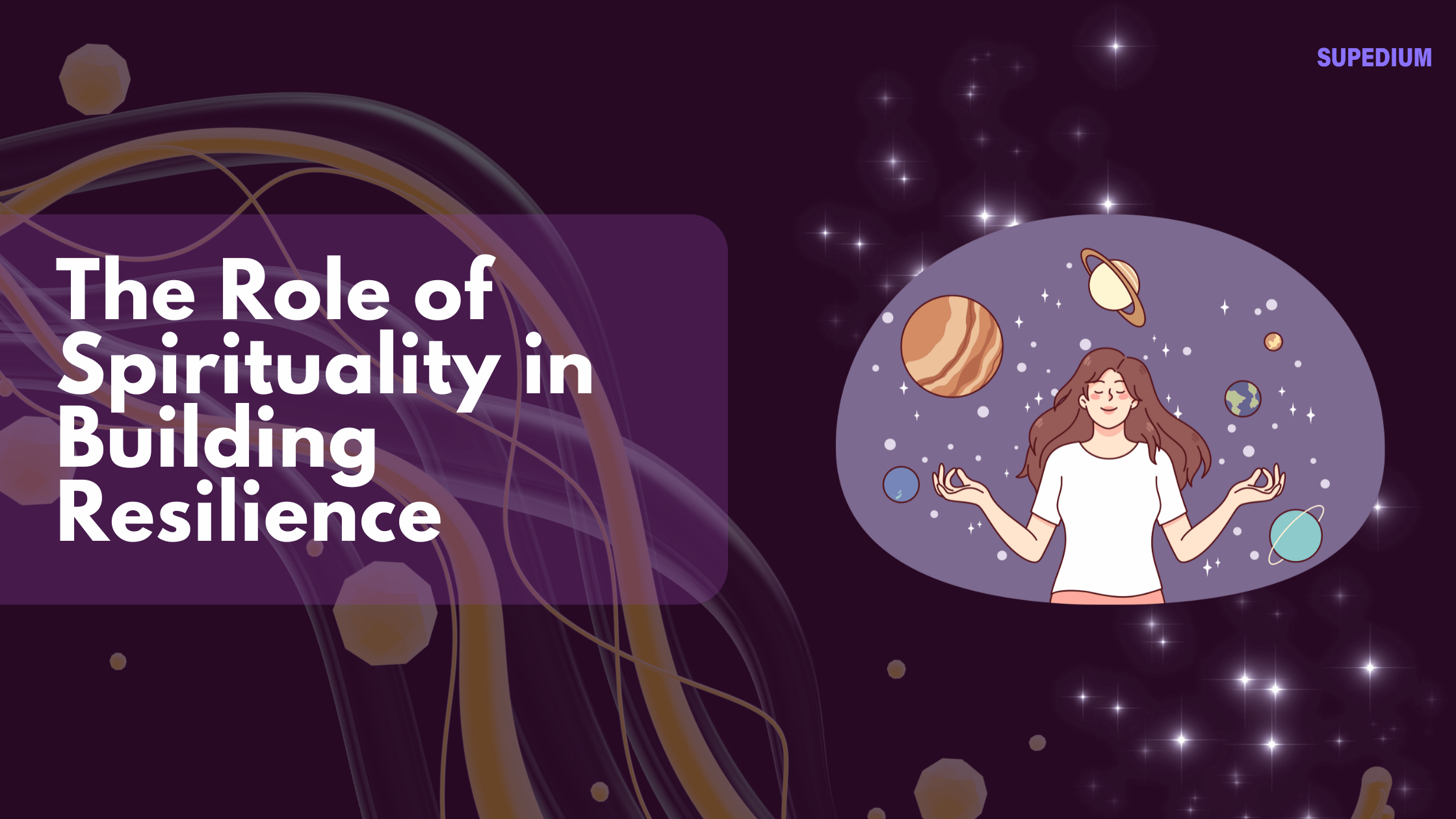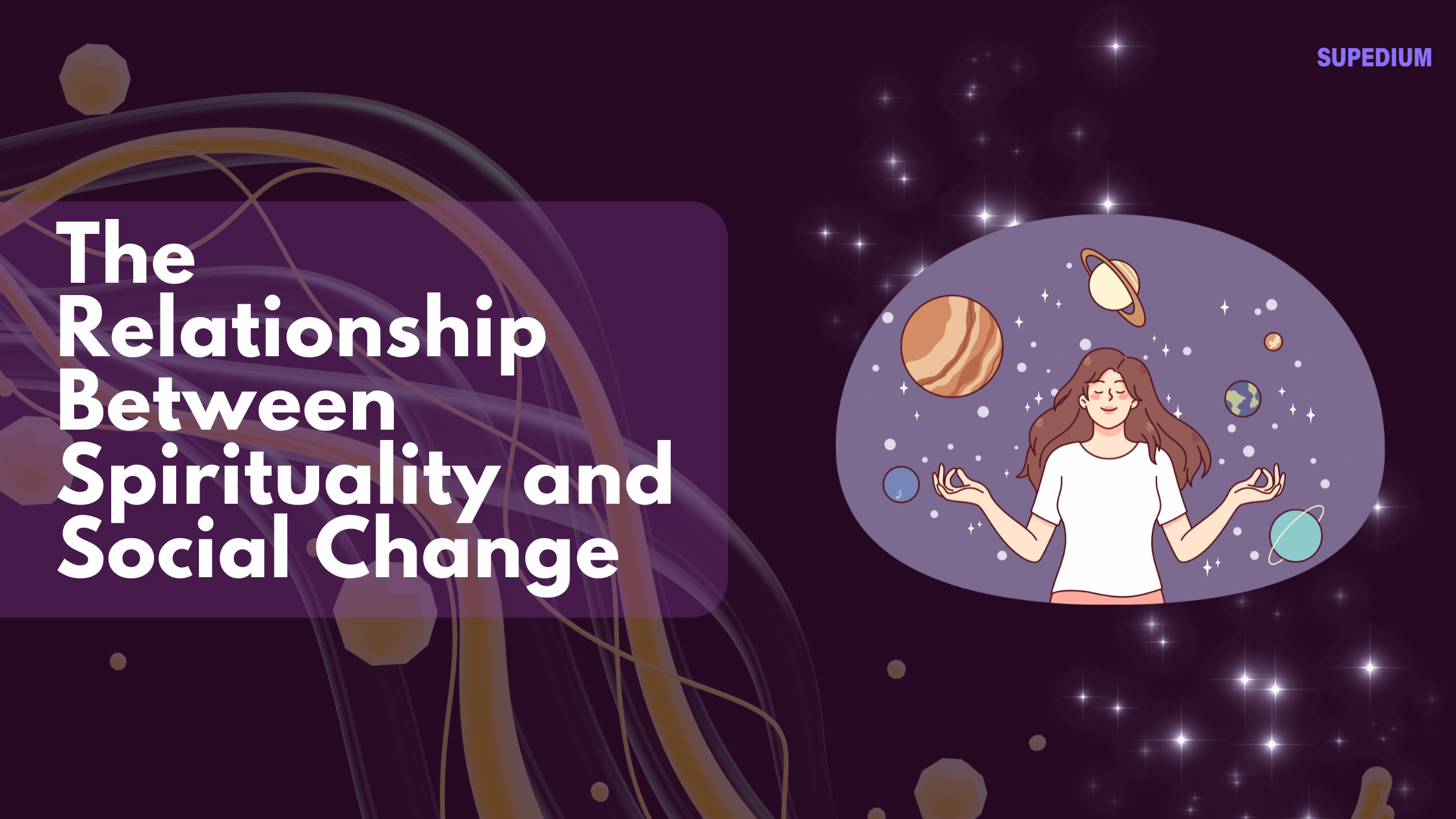Table of Contents
![]()
I. Introduction
Spirituality and forgiveness are deeply intertwined concepts that play significant roles in our emotional and psychological well-being. Spirituality, often defined as a personal quest for meaning, connection, and inner peace, can profoundly influence our ability to forgive. Forgiveness, on the other hand, is the act of letting go of resentment and the desire for retribution, leading to emotional healing. Understanding the connection between these two elements is essential, as it can foster personal growth, enhance social harmony, and improve psychological health.
II. Understanding Spirituality
A. Dimensions of Spirituality
Spirituality encompasses a broad range of beliefs and practices, often centered around the search for purpose and connection to something greater than oneself. It includes elements such as personal beliefs, rituals, and a sense of belonging, as well as the pursuit of inner peace and self-awareness.
B. Spirituality in Various Traditions
Different cultures and religions offer unique interpretations of spirituality. For instance, Christianity emphasizes a relationship with God, while Buddhism focuses on mindfulness and compassion. Secular spirituality, which is not tied to a specific religious framework, allows individuals to explore their beliefs and practices independently, often emphasizing personal growth and connection with the universe.
C. Role of Spirituality in Emotional Resilience
Spirituality has been linked to increased emotional resilience, providing individuals with coping mechanisms to deal with life’s challenges. Those who engage in spiritual practices often report greater life satisfaction and a deeper sense of purpose.
III. The Concept of Forgiveness
A. Definition and Components of Forgiveness
Forgiveness is a complex emotional process that involves letting go of grudges and resentment, and refraining from seeking revenge. It is often seen as a gift we give ourselves, freeing us from the emotional burden of anger and hurt.
B. Myths and Misconceptions About Forgiveness
There are several common myths surrounding forgiveness. Many believe that forgiveness equates to condoning negative behavior or that it signifies weakness. However, true forgiveness is a courageous act that prioritizes personal healing over the need for retribution.
C. Psychological Benefits of Forgiveness
Research indicates that forgiveness can lead to numerous psychological benefits, including reduced stress and anxiety, improved relationships, and enhanced emotional health. By forgiving, individuals often experience a profound sense of relief and emotional liberation.
IV. The Interplay Between Spirituality and Forgiveness
A. Spiritual Teachings on Forgiveness
Many spiritual traditions emphasize the importance of forgiveness. For example, Christianity teaches the value of forgiving others as an essential aspect of faith, exemplified in the prayer “forgive us our trespasses.” Similarly, Buddhism promotes compassion and understanding as foundational to the practice of forgiveness.
B. Spiritual Practices That Foster Forgiveness
Various spiritual practices can cultivate forgiveness, such as meditation, prayer, and rituals of reconciliation. These practices encourage introspection and help individuals process their feelings of hurt, leading to a greater capacity for forgiveness.
C. Case Studies or Testimonials Illustrating the Connection
Many individuals have shared transformative experiences where spirituality played a crucial role in their journey to forgiveness. These stories often highlight moments of profound realization and emotional release, showcasing the power of spiritual beliefs in overcoming deep-seated grievances.
V. Psychological and Emotional Mechanisms
A. The Role of Empathy in Forgiveness
Empathy is a key component of forgiveness, and spirituality often nurtures this quality. By fostering a sense of connection and understanding, spiritual beliefs can enhance our ability to empathize with others, making it easier to forgive.
B. Emotional Release and Healing
Spirituality can facilitate emotional processing and healing. Practices like mindfulness help individuals become aware of their emotions, allowing them to confront and release feelings of anger and resentment. Many report that engaging in spiritual activities leads to significant emotional relief.
C. Neuroscience of Forgiveness and Spirituality
Recent studies in neuroscience reveal that forgiveness is associated with specific brain activity. Engaging in spiritual practices can enhance mental health by promoting positive emotions and reducing stress, which are essential for the forgiveness process.
VI. Challenges in Forgiveness and Spirituality
A. Resistance to Forgive
Many people struggle with forgiveness due to deeply held grudges or a fear of vulnerability. Holding onto resentment can feel safer than confronting the pain of betrayal, leading to a reluctance to forgive.
B. Cultural and Societal Influences
Cultural narratives often shape our perceptions of forgiveness. Some societies emphasize the importance of vengeance, making it difficult for individuals to embrace forgiveness as a viable option. Understanding these influences is crucial in overcoming barriers to forgiveness.
C. Navigating Personal and Collective Trauma
Forgiveness can be particularly challenging in the context of personal and collective trauma. Historical injustices often complicate the process, making it essential to approach forgiveness with sensitivity and awareness of the broader implications.
VII. Practical Applications
A. Strategies for Cultivating Forgiveness Through Spirituality
Several strategies can help individuals cultivate forgiveness through spiritual practices. These may include mindfulness exercises, journaling, and engaging in community support or discussion groups that focus on forgiveness.
B. Developing a Personal Forgiveness Plan
Creating a personal forgiveness plan involves setting intentions and seeking guidance from spiritual leaders or mentors. This structured approach can provide clarity and motivation in the journey toward forgiveness.
C. Long-Term Benefits of Integrating Spirituality and Forgiveness
The long-term benefits of integrating spirituality and forgiveness are profound. Improved relationships, enhanced life satisfaction, and a greater sense of purpose are just a few of the positive outcomes individuals may experience.
VIII. Conclusion
The connection between spirituality and forgiveness is a powerful one, offering pathways to emotional healing and personal growth. By exploring our spiritual beliefs and embracing the practice of forgiveness, we can transform our lives and foster deeper connections with others. As we navigate our journeys, let us recognize the transformative power of these intertwined concepts and strive to incorporate them into our daily lives for greater well-being and fulfillment.
Share This





Be the first to comment